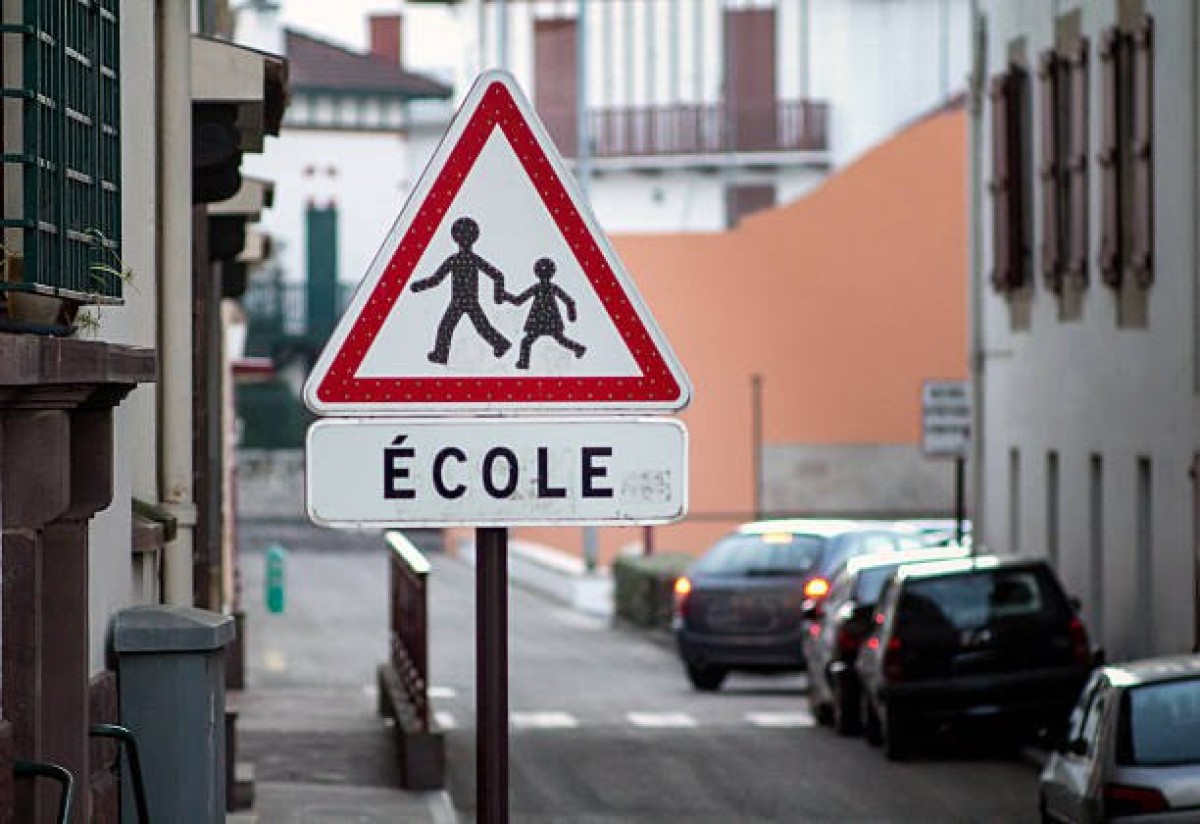 57
57
The French education system is distinguished by the state’s extensive involvement in its administration and financing. The core tenets of the French education system include mandatory and free education, political neutrality, abiding by secularism, and the independence to organise curriculum.
Over the last three decades, 150,000 French pupils have dropped out annually without receiving a diploma. According to many French sociologists, politicians bear sole responsibility for this tragic predicament since state regulations in the schooling system have exacerbated inequality and discrimination in French schools and, ultimately, society.
Moreover, according to the most recent Programme for International Student Assessment (PISA), France ranks poorly in terms of educational quality despite allocating subsidies for a number of schools.
In 2012, the OECD reported that the correlation between economic status and social background and academic achievement of students taking the PISA exams is significantly stronger than in other OECD countries, with social and economic backgrounds accounting for 20% of academic success.
In the 2015 PISA survey, the difference in science scores between native and immigrant students in France is higher than the average difference between native and immigrant students in all OECD member countries, as immigrant pupils outperformed native students by 62 points.
According to the French Ministry of National Education, the number of young people dropping out of school remains lamentably high, which inherently contributes to the rise of destitution and social unrest.
Under the auspices of the French Council for School Evaluation (CSE), Professor Nathalie Mons, an eminent sociologist specialising in education policies, produced a study on inequality in French schools.
According to Prof. Mons, educational prejudice in France is a multifaceted phenomenon; aggravated by the fact that education policy has remained largely unchanged over the last three decades, and there have been few meaningful initiatives to address existing inequalities.
For instance, since the early 1980s, the programme of financial assistance to schools based on government priorities has had no positive outcomes. It is imperative that further educational resources must be directed to schools that are dealing with terrible social dilemmas, added Prof. Mons. “However, when we examine the current financial resources, we discern that they do not meet the educational demands of the students.”
Furthermore, at the start of the 2018 academic year, more than 340,000 French students with disabilities were enrolled in schools and institutions run by the Ministry of National Education, an increase of 20,000 compared to 2017, which is expected to climb steadily over the coming years.
In an open letter, the “National Association of Parents, the Mentally Handicapped, and Their Friends” (UNAPEI), which represents over 55,000 families with mentally disabled children, excoriated French officials for the nation’s utter lack of resources available to students with disabilities.
According to UNAPEI, their children are held in deplorable facilities; there is a long waiting list for special education institutions, and most disabled students do not have access to any standard education services.
Meanwhile, “The Harris Poll” found that in March 2022, 73% of French primary school teachers were dissatisfied with their careers, with 23% stating they were “not at all contented” and 33% expressing they intended to look for other employment.
Finally, low teacher salaries, recruitment hurdles, parents’ frustration, and the French government’s appalling incompetence in addressing these challenges all point to a moribund educational system.
Comment
Post a comment for this article